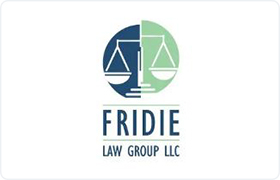Sewell Child Custody Lawyer, New Jersey
Sponsored Law Firm
-
 x
x

Click For More Info:
-
Fridie Law Group L.L.C.
101 Route 130 Suite 306, Madison Building Cinnaminson, NJ 08077» view mapDivorce & Family Law We Fight For Your Rights
Reach out to us today for legal help on your case. We're available for free consultations and return all calls and emails within 24 hours.
800-859-9690
Includes: Guardianships & Conservatorships, Custody & Visitation
AllynMarie Smedley
Child Support, Custody & Visitation, Child Custody, Divorce & Family Law
Status: In Good Standing Licensed: 20 Years
Bruce K. Warren
Divorce & Family Law, Domestic Violence & Neglect, Child Custody, Family Law
Status: In Good Standing Licensed: 22 Years
FREE CONSULTATION
CONTACTKevin A Falkenstein
Deportation, Public Interest Law, Child Custody, Household Mold
Status: In Good Standing
 James Fridie Cinnaminson, NJ
James Fridie Cinnaminson, NJ Practice AreasExpertise
Practice AreasExpertise
